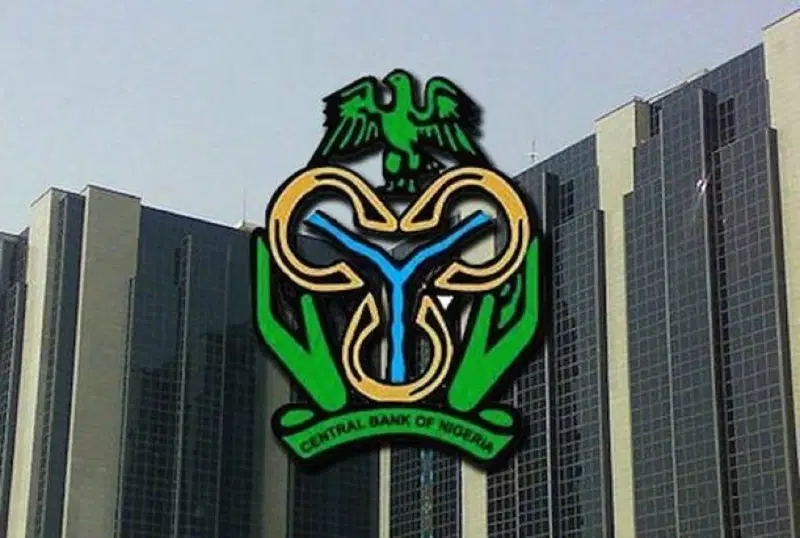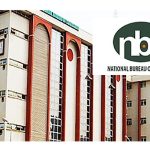The Central Bank of Nigeria has stated that its reasons to increase the monetary policy rate was from the constant increase inflation and the specific rise in the core inflation driven by escalating energy prices.
It was was learnt that the Monetary Policy Committee of the CBN, in its meeting held on September 23 and 24, 2024, has taken a deep insight into the current economic and financial trends, as well as to assess potential risks to Nigeria’s economic outlook. The meeting was attended by the 11 members of the committee out of the supposed 12.
In the meeting the decision reached includes the agreement to further tighten monetary policy, with the further decision to increase the Monetary Policy Rate from its previous level to 27.5 per cent. The MPC also agreed to stay with the asymmetric corridor around the MPR at +500/-100 basis points, and raise the Cash Reserve Ratio for Deposit Money Banks and Merchant Banks and to maintain the liquidity ratio at its current level of 30 per cent.
The CBN has, however, attributed the hike in MPR to persistent inflationary pressures.
The committee in its statement released through the Central Bank of Nigeria noted that expressed fears that with the recent moderation in headline inflation, the core inflation in the country still stays high which show that the inflation currently affecting the country may be far from easing.
The MPC acknowledged the slight moderation in headline inflation in July and August 2024, largely due to a decline in food inflation.
The committee appreciated the little stability that has bee witnessed in the exchange rate across market segments, the stability has been attributed the CBN’s tight monetary policy for this improvement. It was explained that the bank’s firm stance on monetary tightening has fostered stability in the exchange rate, boosting confidence and enabling economic agents to make long-term plans.
The committee noted that the level of excess liquidity in the system has been contributing to exchange rate volatility and inflationary pressures. It recommended that the CBN increase its monitoring of the banking system, with specific attention to the disbursement of FAAC (Federation Account Allocation Committee) funds. According to the committee, there is a strong correlation between FAAC releases and liquidity levels in the banking sector, which makes it important to monitor the releases closely.
The committee noted that the high risk of food inflation remains very important it was established that situations such as flooding, rising energy costs, PMS scarcity, and insecurity in farming communities are the causes of the scenario in the country. They commended the federal government’s steps that have been taken to tackle the identified challenges but noted that need to be a sustained effort to tackle the challenges.
The committee also appreciated the federal government’s decision to allow duty-free imports of food commodities, which, according to them, will help tackle food price inflation. The CBN also expressed hope that the current increased supply of refined petroleum from the Dangote refinery would help in the reduction of transportation prices across the nation therefore reducing food prices in the near term.
The CBN further noted it was committed to curbing inflation and stabilizing the exchange rate, stressing the importance of close collaboration with fiscal authorities to address the current economic challenges.




